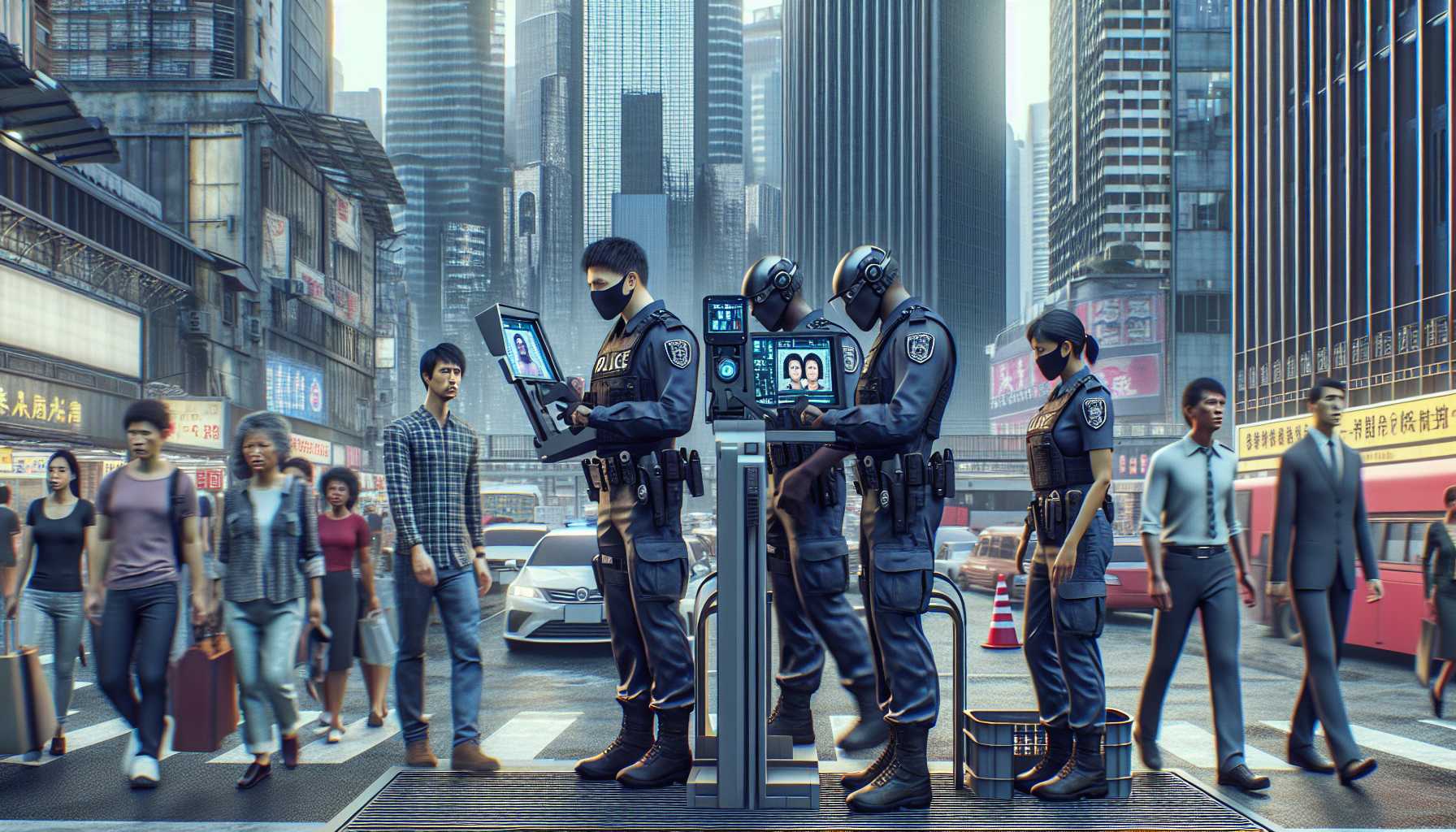New Guardrails on Facial Recognition in Detroit
The landscape of facial recognition technology is evolving, and nowhere is this more evident than in Detroit. As part of a legal settlement, the Detroit Police Department has agreed to implement strict new policies governing their use of this controversial tech. These regulations come on the heels of a lawsuit filed by Roger Williams, a Black man who was wrongly arrested based on facial recognition results.
In an era where AI-powered facial recognition has become a staple for law enforcement agencies, it’s critical to understand its limitations and risks. Under the new guidelines, the Detroit Police Department is prohibited from making arrests based solely on facial recognition search results or photo lineups following such searches. Additionally, photo lineups must now be substantiated by other evidence linking suspects to crimes.
The policy also mandates training for police officers on the dangers and risks associated with facial recognition technology and an audit of all related cases since 2017. In a statement, the ACLU hailed these stipulations as some of the nation’s strongest policies constraining law enforcement’s use of facial recognition. The ACLU emphasized that women and people of color are disproportionally misidentified by this technology.
This legal settlement is not just a win for Roger Williams but also a cautionary tale for law enforcement agencies nationwide.
SCOTUS Overturns Chevron Doctrine: A Blow to Tech Regulation
In a landmark decision, the Supreme Court has overturned the 40-year-old Chevron v. Natural Resources Defense Council ruling, a doctrine that had long granted independent agencies like the EPA, SEC, and FCC the authority to interpret ambiguous laws within their expertise. This decision will have massive repercussions on the tech industry, as these agencies have played pivotal roles in regulating everything from net neutrality to data privacy.
The tech industry’s plea for federal laws instead of agency regulations has always come with a layer of irony. While tech giants like Google, Facebook, and Amazon publicly advocate for unified federal regulations, they work tirelessly behind the scenes to stymie any proposals that might bring meaningful oversight.
The Supreme Court’s decision effectively removes the regulatory teeth from agencies like the FCC, leaving the interpretation of tech-related laws in the hands of generalist judges. Justice Elena Kagan aptly described the move as granting the Court exclusive power over every open issue involving regulatory law, no matter how complex or specialized.
The ruling leaves tech companies poised to challenge every unfavorable regulatory decision in court, creating an environment ripe for regulatory arbitrage and legal wrangling.
HubSpot’s Cybersecurity Breach: A Growing Trend
Another day, another cybersecurity breach. This time, marketing and sales software giant HubSpot has fallen victim. HubSpot disclosed that it is investigating a security incident where malicious actors targeted a limited number of customer accounts to gain unauthorized access.
This breach highlights an ever-growing trend of cyber-attacks targeting tech companies and their vast repositories of customer data. With over 216,000 corporate clients, including major names like Discord, Eventbrite, and Talkspace, the potential fallout could be significant.
The company has activated its incident response procedures, contacting affected customers and revoking unauthorized access. As a cybersecurity expert, I recommend heightened vigilance. Tech companies must continually update their security protocols and encourage customers to use multifactor authentication and robust passwords.
FCC and AI Political Robocalls: An Uphill Battle
FCC Chairwoman Jessica Rosenworcel is confronting a new tech-driven menace: AI-generated political robocalls. Despite a ban on these calls, enforcement has been lacking, and telecom giants like AT&T and Comcast have been slow to act.
The issue became glaringly apparent when an AI-generated voice urged voters to skip the New Hampshire Democratic primary. As AI technologies improve, they offer bad actors the tools to flood networks with deceptive messages, eroding public trust.
Rosenworcel has issued stern warnings, pressing telecom companies to take concrete action against these AI-generated robocalls. The challenge, however, will be in the nuts and bolts of enforcement and the technical measures necessary to filter out these malicious calls.
YouTube’s AI Licensing Talks: A Double-Edged Sword for Musicians
YouTube is making moves to secure licensing agreements with major record labels.
Online Influencers: Biden’s Ticket to Youth Engagement
Faced with waning support among young voters, President Joe Biden is turning to online influencers to regain his footing. The White House plans to host a conference with internet personalities to discuss issues vital to younger generations, including data privacy and mental health.
Engaging digital influencers is a smart move in today’s social media-driven political landscape. However, it’s essential to tackle these issues with genuine intent rather than as mere optics. Authentic engagement could be a game-changer, but it requires a commitment to addressing the concerns of young voters sincerely.
With the next presidential election looming, every gesture counts. Leveraging the power of online personalities may just give Biden the boost he needs, but it’s a strategy that must be executed with authenticity and depth.

